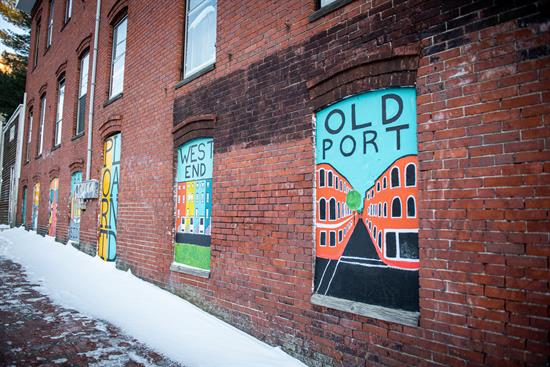Press Releases
Senator Schatz, Congresswoman Pingree Reintroduce Legislation to Boost Local Creative Economies, Create Skilled Jobs NationwideThe PLACE Act will support the creative economy and empower workers to find sustainable jobs in creative and cultural industries
Washington,
February 2, 2022
Today, Senator Brian Schatz (D-Hawaii) and Congresswoman Chellie Pingree (D-Maine), co-chair of the Congressional Arts Caucus, reintroduced the Promoting Local Arts and Creative Economy Workforce (PLACE) Act, legislation to invest in local economies across the country. The bill will boost the creative economy and empower workers to find sustainable jobs in creative and cultural industries. “Creative workers support local arts and innovation, help different cultures tell their stories, and bring people together as a society. It’s the kind of work we should invest in – and doing so will create jobs, help small businesses, and grow our economy,” said Senator Schatz, a member of the Senate Committee on Commerce, Science & Transportation. “The creative economy adds over $800 billion to our national GDP and is growing at a rate nearly double the rest of our economy. But the pandemic has dealt a devastating blow to the sector, with an estimated national loss of more than $15 billion to date. They need our help. I’ve been proud to lead efforts to secure relief for artists and arts organizations, and I’ll continue to push for more,” said Congresswoman Pingree. “As we continue our journey toward recovery from the pandemic, the creative economy is an obvious place for investment. I’m proud to introduce legislation that would create opportunities for workers across the country and ensure that the arts can not only survive the pandemic, but thrive in our communities. The PLACE Act would strengthen today’s cultural institutions and creative professionals while fostering new enterprises and a skilled workforce for generations to come.” The PLACE Act creates local opportunity for the creative economy by:
Pingree is the co-chair of the bipartisan Congressional Arts Caucus. She also serves as the Chair of the House Appropriations Subcommittee on the Interior, Environment, and Related Agencies, where she oversees funding for the National Endowment for the Arts and other cultural agencies. She has led advocacy in the U.S. House of Representatives to incorporate robust funding for arts and cultural organizations in COVID-19 response efforts, including multiple letters that urged House leadership to support the cultural sector’s payroll and operating costs.
|

